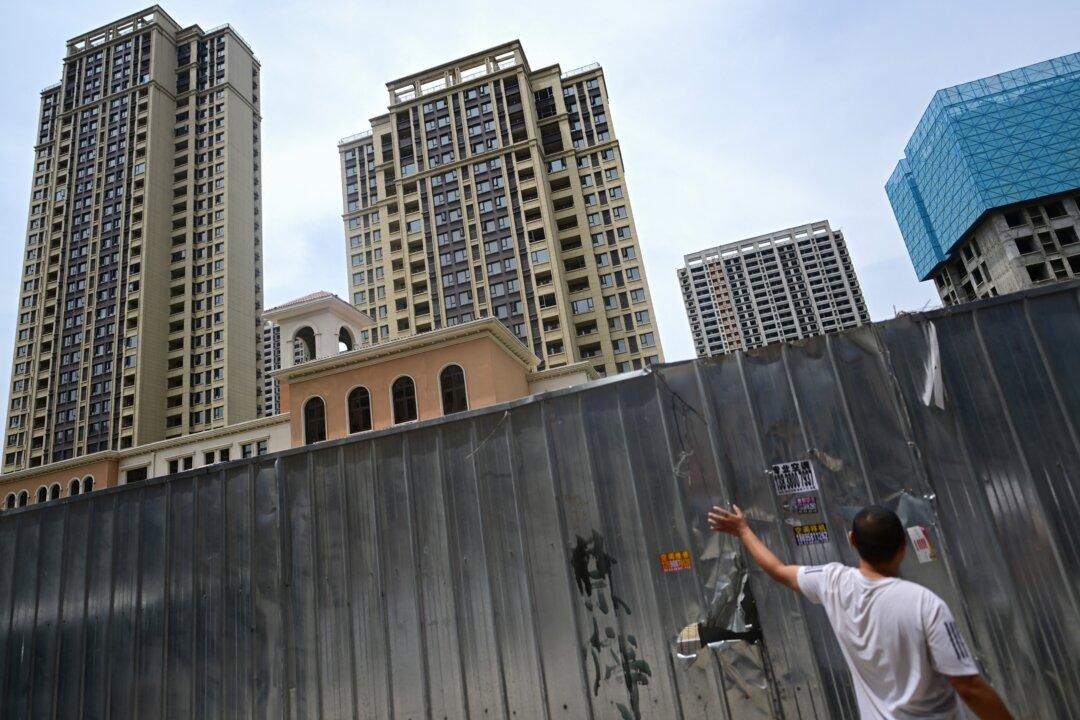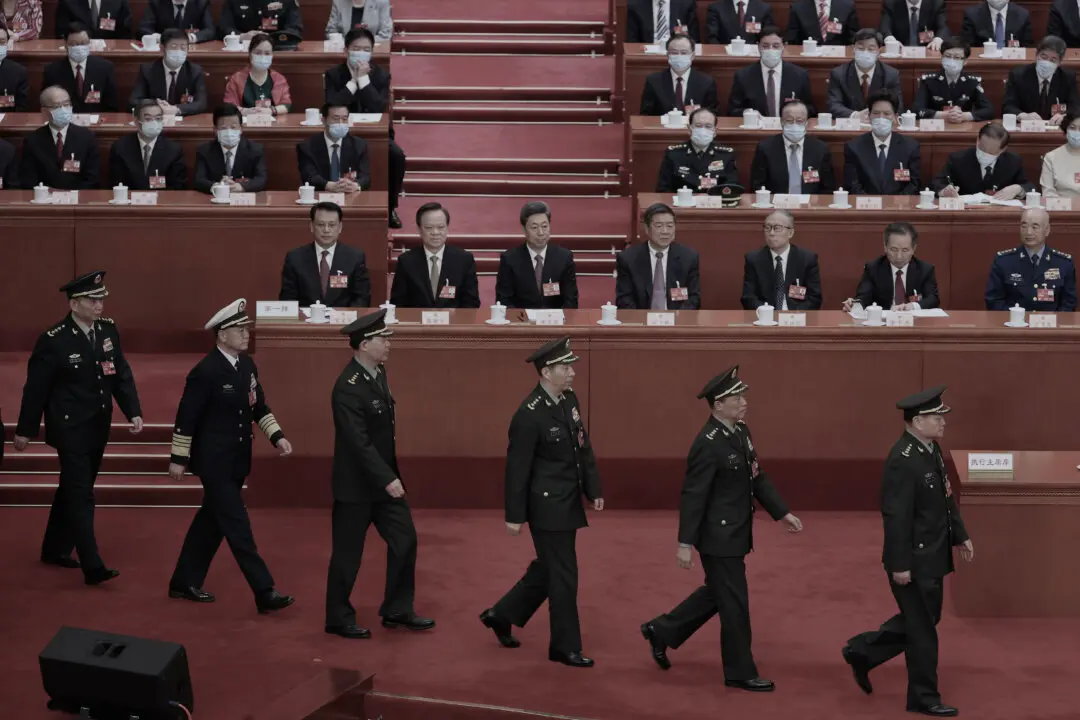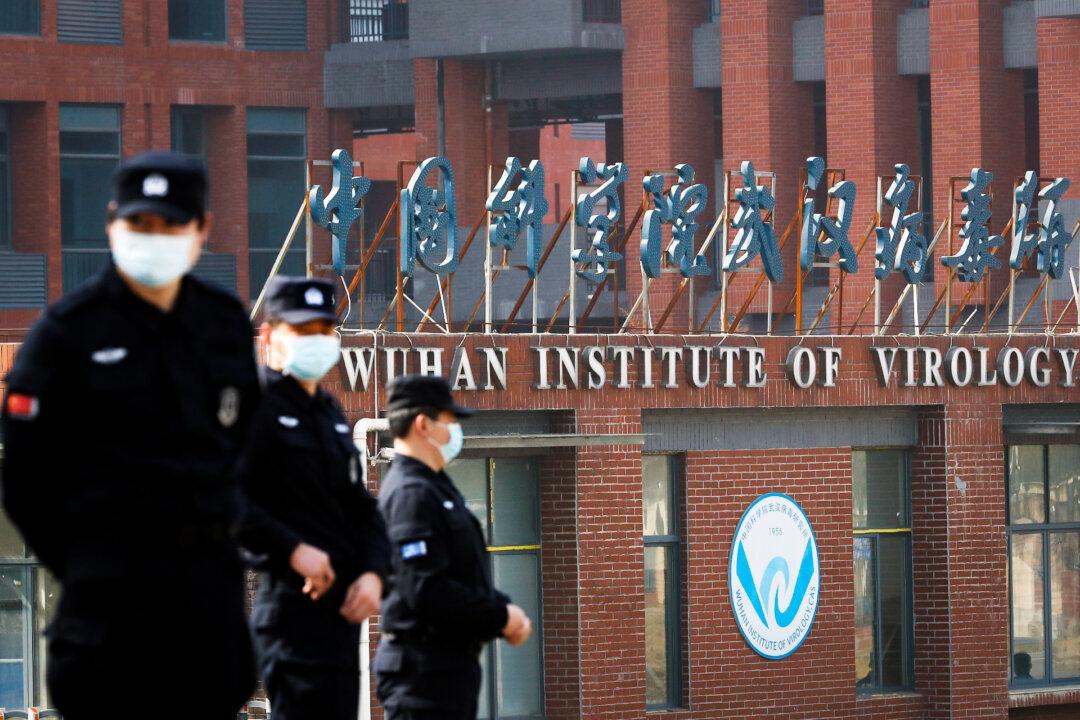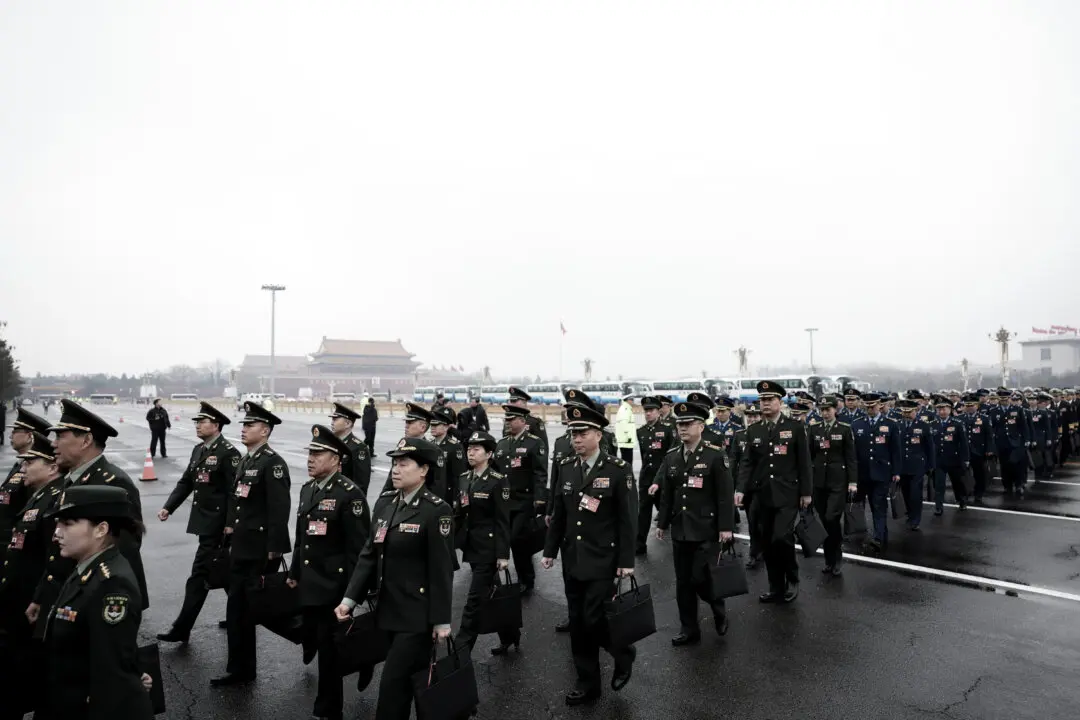The Chinese communist regime’s National Bureau of Statistics announced last week that the country’s GDP grew by 5.2 percent last year, in stark contrast to the sluggish Chinese economy. The ruling Chinese Communist Party’s (CCP) official media also claimed that 12 provinces had local GDPs above the national average.
However, the CCP’s data has been questioned by the outside world. Experts warn that the exaggerated local GDP rates and overstated growth will accelerate the collapse of the CCP’s credibility and foreign capital withdrawal from China.




